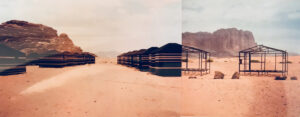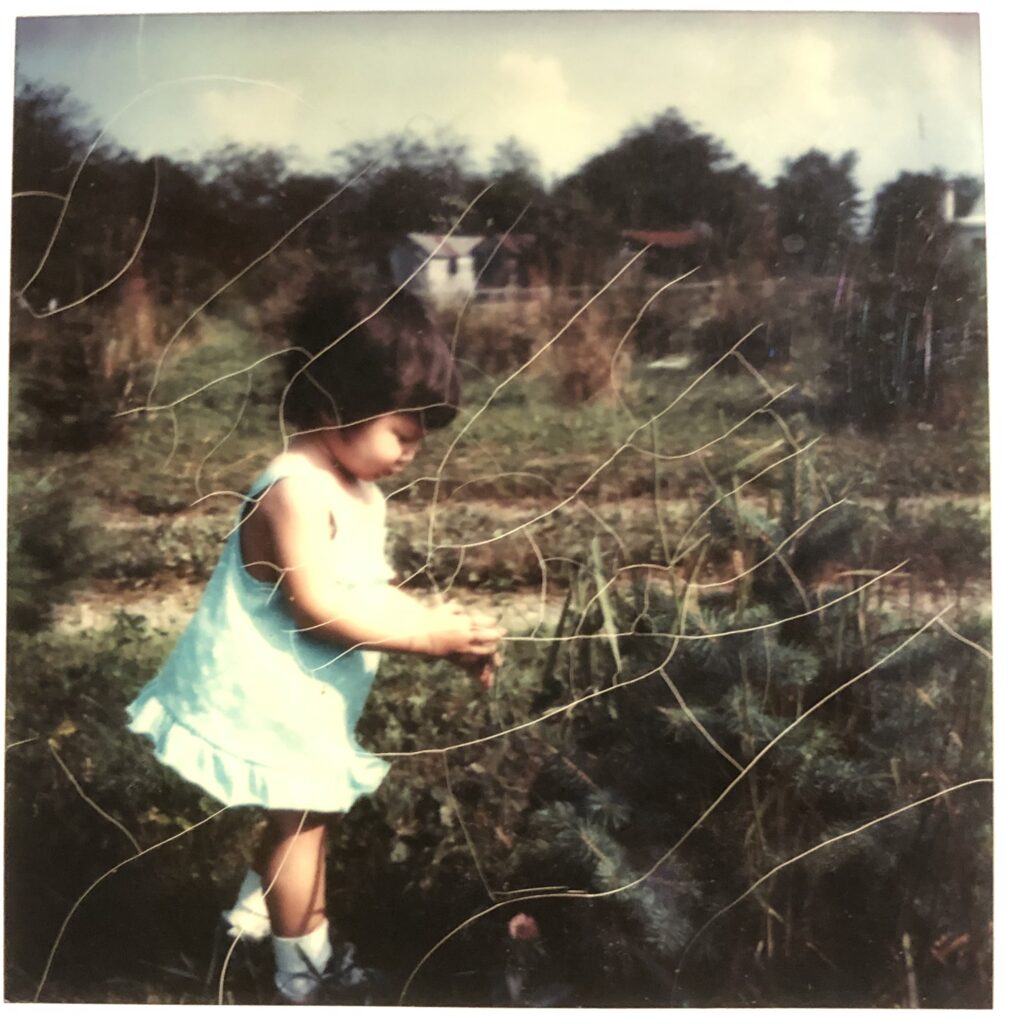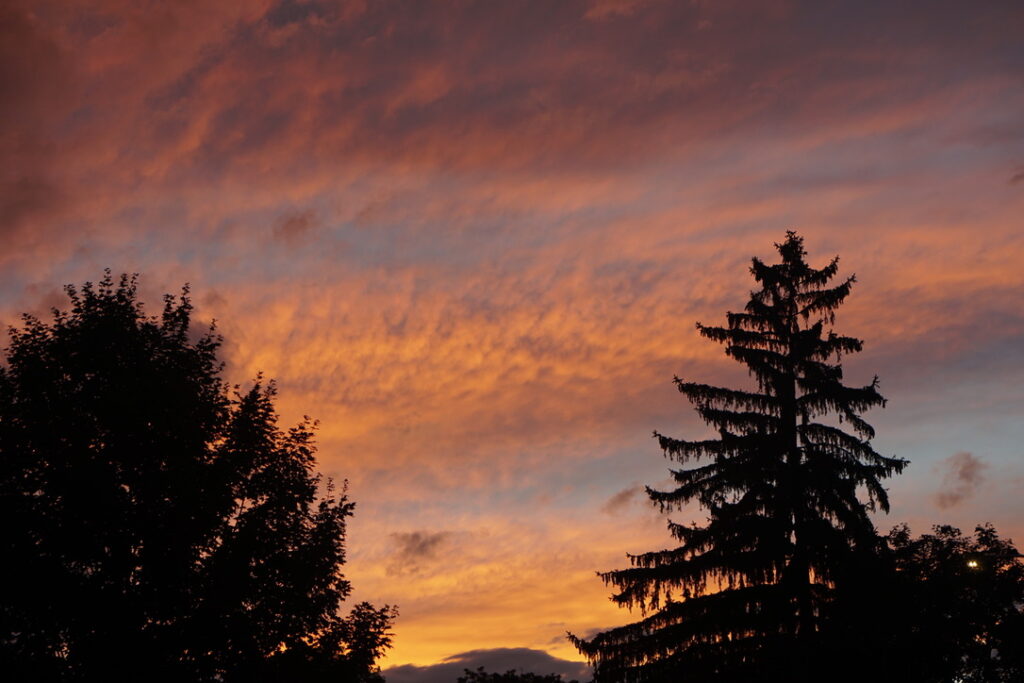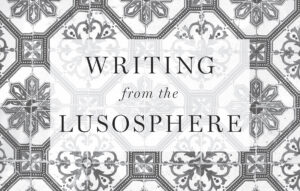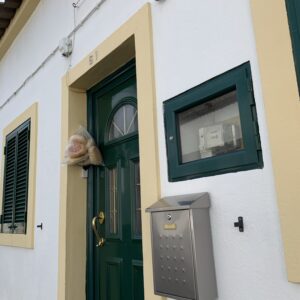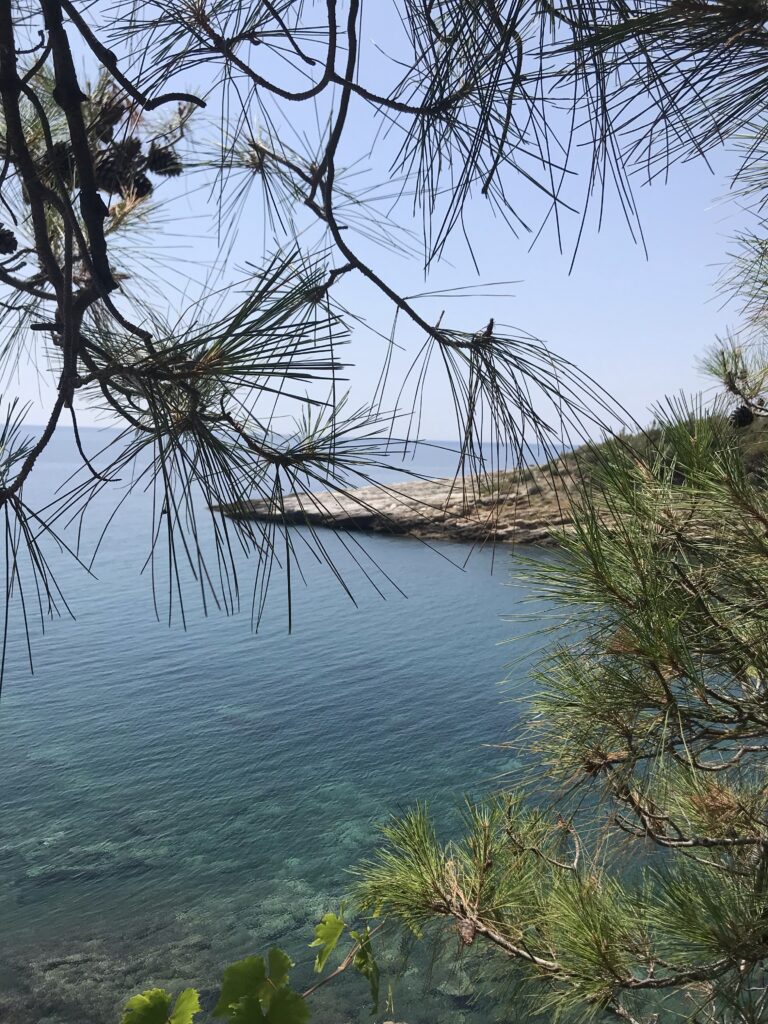By EMILY CATANEO

Białystok, Poland
Nine hours to Białystok from Berlin, to a city teetering on the Polish border. The train noses through fields of yellow flowers, which to me are eternal reminders of Europe in spring, but which are actually new additions, planted in recent decades for the rapeseed harvest. On the way to Warsaw, we sit in a car with a classical musician, our age, with a confident nose and sculpted, striking eyebrows. “She looks like Anna Karenina,” we whisper. She tells us about witches in Podlachia, because we are going to Podlachia. Past Warsaw, on a hotter train, portly men in cheap suits flank the compartment, carrying the odor of polyester, sweat, spirits.
I’ve brought us east to find traces of that universal language, Esperanto, created by a man from Bialystok named L.L. Zamenhof, a Jewish man, born here when this land was Russian Empire. Legend says he went to the city market as a child, eavesdropped on Yiddish, Russian, German, concluded that division by language was the great tragedy of mankind. What if we all spoke the same tongue? Wouldn’t pogrom and war fall away? He gathered 28 Latin letters, prefixes and suffixes, and he tried to share this with the world, and they called him Dr. Hope.



